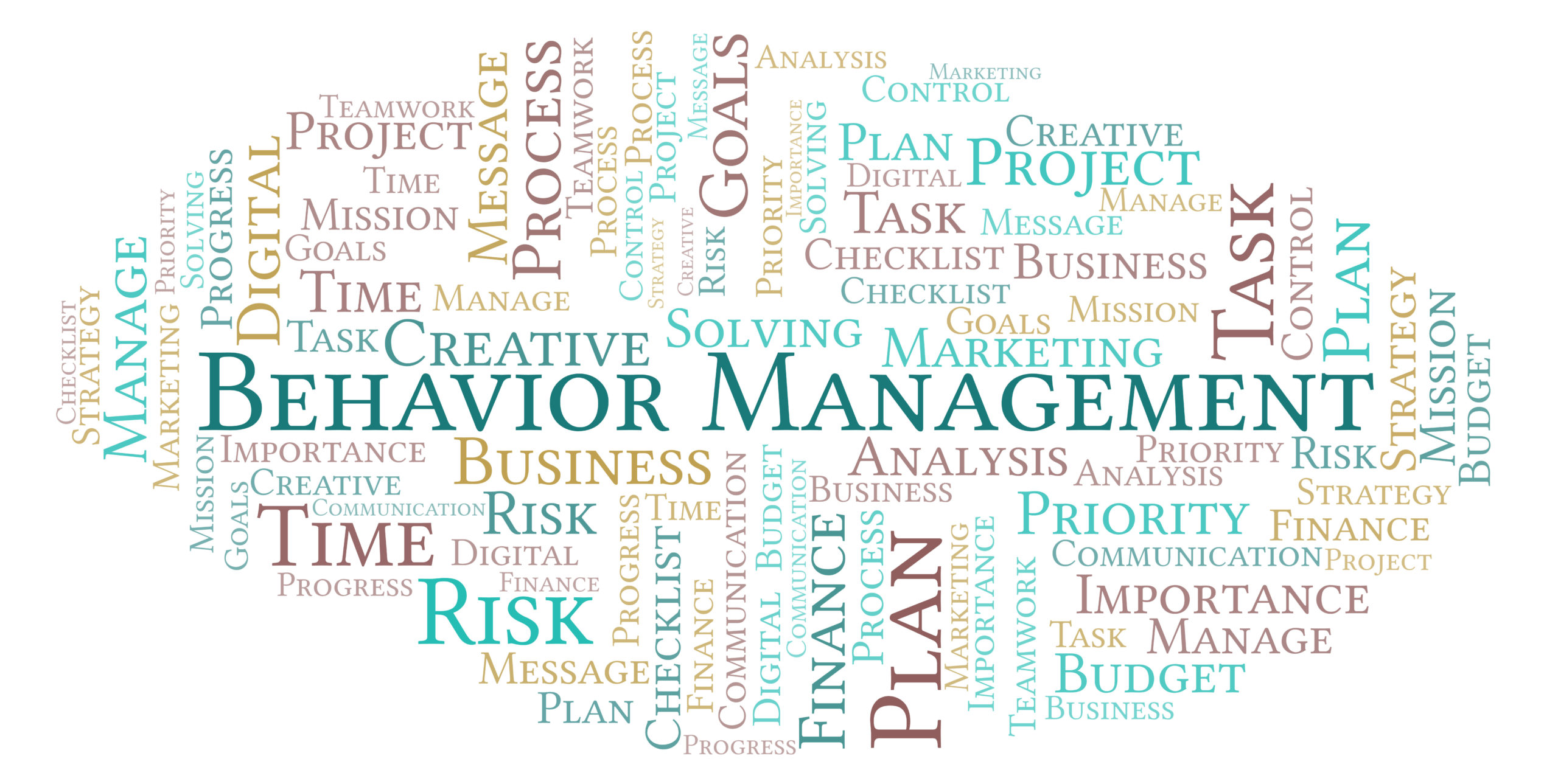Behavior Management, also referred to as behavioral modification, is a scientific method that is based on the idea that problem behavior is learned over time and maintained by consequences in the environment. Effective behavioral management often requires teaching a new skill or an appropriate behavior to replace an inappropriate behavior or negative actions within specific settings including home, school, place of employment, or the community. Assessments and Behavior Support Plans are completed to target problem behaviors and provide the team with methods to work with the individual to reduce pain associated with poor choice making and increase personal happiness by teaching more appropriate alternative behaviors. Consistency and repetition are key components to behavior change.
Behavior services are implemented by highly trained professionals who have completed a minimum of a Master’s Degree in any applied health service area of psychology (social work, clinical psychology, counseling, etc) and who may also have additional license’s or certifications including Marriage and Family Therapist, Mental Health Counselor, Licensed Clinical Social Worker, etc. Services can be rendered in many different environments including the home, work, school, day program, community settings, etc.
Behavior Consultants will first identify problematic behaviors through the completion of a functional assessment (FA). The functional assessment focuses on determining the “function” of inappropriate behaviors. The FA relies on a variety of techniques and strategies to identify the purposes of specific behavior to help teams select interventions to directly address the problem behavior. This will include objective behavioral assessments, observation sessions, behavior data collection, interviews with team members and family, and a review of past assessments and/or behavioral strategies. The FA may find, for example, that problem behavior is a call for attention or a way to avoid a task. Specific interventions will then be developed to address the function or “function” of the problem behaviors based on the results of the assessments.
A Behavior Support Plan (BSP) will be created based on the results of the functional assessment. The contracted consultant will organize specific replacement behaviors or positive behaviors and a plan for teaching them and will incorporate these strategies into the BSP. Some plans will also include reward or incentive programs to increase the likelihood of compliance. Once the BSP has been approved by all members of the team, these team members will then be trained to competency on appropriate implementation of the plan. Replacement behavior training will occur through repetition, rehearsal, reinforcement, and role modeling. After the BSP is implemented, ongoing data tracking and analysis will continue. The contracted consultant will then measure the effectiveness of the replacement behaviors or positive behaviors by analyzing the decrease or increase in the targeted problem behaviors. Changes to the BSP may be made based on the results of the ongoing data collection or as needed.
It is imperative that all team members participate in the development of the behavior support plan. Also, it is vital that all team members agree with the replacement behaviors and interventions for changing problematic behaviors. At TBH, we focus on team communication and the contracted consultant will also work with the client on trust building or any other kind of strategy that incorporates the development of a meaningful relationship. Research has consistently shown that the most important ingredient to behavior change is the client and contracted consultant relationship.
For any further questions regarding Torres Behavioral Health LLC Behavior Management Services, please contact Kyle Dawalt, MA (Director of Behavior Management) at (260) 702-9145.
